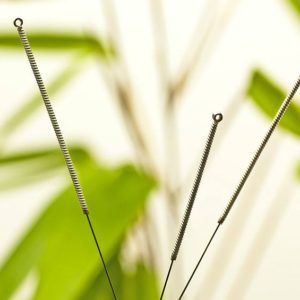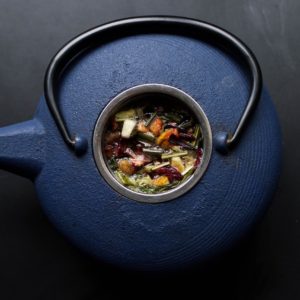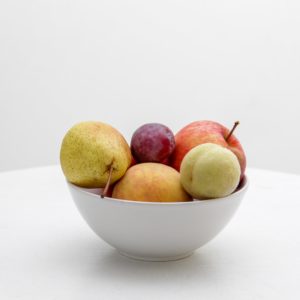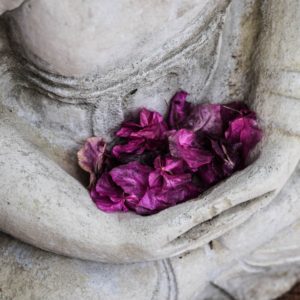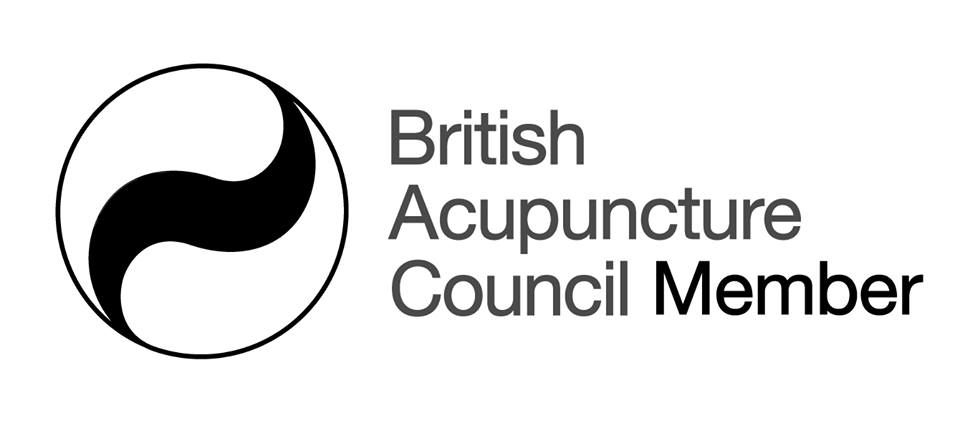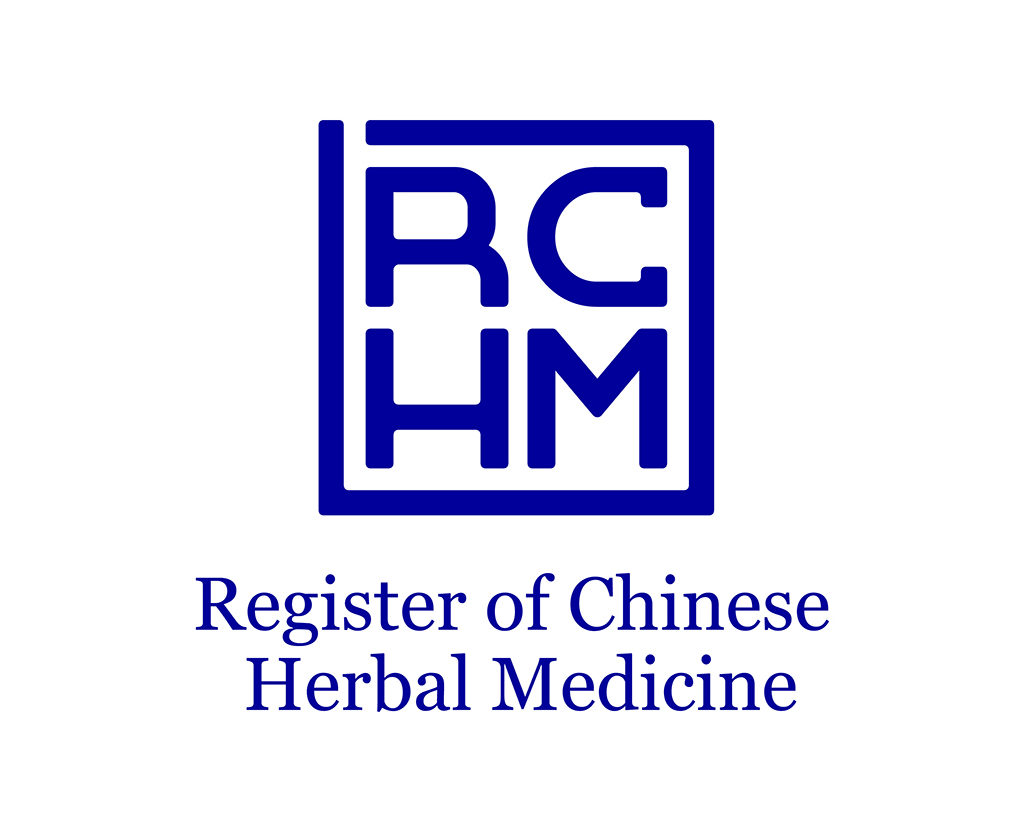Coping with depression
Natural remedies for the mind

Beyond blue
Everyone can feel a bit ‘down’ occasionally. You know, those grey Monday mornings in February when the thought of going to work just isn’t appealing. Or perhaps you didn’t get the job after all or your exam results weren’t good enough. But this kind of feeling passes as you buckle up and re-group.
Depression is something different. It’s an all pervasive mood that doesn’t want to melt away. It drains the colour and flavour out of your days and can make you self critical, listless and apathetic.
Who gets depressed?
Depression of various types and depths isn’t at all uncommon and some very famous people have been sufferers. Churchill, famously, called it his ‘Black Dog‘.
Some people, like Churchill manage to rally themselves and get on with life despite the bleakness, but it isn’t like that for most people, and friends, and colleagues often don’t understand why you just can’t ‘snap out of it’.
Some people are born with a susceptibility to depression, Others feel they are stuck in a situation from which they see no escape such as the continual demands of looking after a sick parent, partner or child.
For yet others it can come down on them suddenly, out of a clear blue sky. sometimes triggered by a life event, sometimes for no apparent reason.
Women who have recently given birth often suffer from ‘the baby blues’ – maybe being tearful and feeling unable to cope. This doesn’t usually last longer than a few weeks, but sometimes it can slide into Post Natal Depression. Sometimes this comes on later than immediately after the birth.
Husbands/partners can also suffer from PND and shouldn’t be ignored. – perhaps it’s the sudden seismic change in life, routines and sleep patterns.
Whatever the type or reason you’re feeling depressed, you really ought to talk to someone about it. There’s no shame, and early intervention can stop it getting worse and help you recover more quickl
Western medical treatments
Possibly the best western style treatment for depression are talk therapies such as counselling or CBT (Cognitive Behavioural Therapy) which can help you to feel more in control of your symptoms and help you fight your way back to a happier state of mind..
It’s well known, and a Health England report of September 2019 has emphasised, that anti-depressant medication can cause more problems than it solves, and can lead to dependence, and quite severe withdrawal symptoms.

Can Chinese medicine treat depression?
The ancient Greeks recognised a condition of sadness, fear and despondency and called it ‘Melancholia’ from which we get our word ‘melancholy’.
The ancient Chinese didn’t go in much for labels. For them everything was about energetic imbalances, and as the mind and body are a continuum, emotional disturbances could arise from the same imbalance that might also cause, say, migraine, IBS or painful periods.
If conditions were named at all, it was something less depressing than ‘depression’, for example ‘Lily Disease’, It was named after the herb Bai He, a kind of lily used to treat a condition ‘characterised by general malaise – a desire but inability to eat, talk, or lie down‘ amongst other symptoms.’
Acupuncture and herbs for depression
Acupuncture is really rather good at lifting the mood, moving stagnation and ‘calming the shen’. Western research has shown it to affect a variety of neurotransmitters and ‘happy molecules’ such as endorphins.
An acupuncture session will also give you a safe, quiet breathing space, away from the world, where you can observe, discuss and come to terms with your feelings. Many of the points used to treat depression refer to the spirit in their name. For example Spirit Gate, Spirit Path or Spirit Hall.
There are many traditional prescriptions and individual herbs that can be used to support emotional symptoms. Based on a diagnosis of your energetic imbalances, a prescription would aim to support low energies and move stuck ones, to rebalance the system and stabilise the emotions..
If you’ve been on antidepressants for some time and would like to come off them, Chinese herbs may help you through that withdrawal. Of course you should tell your doctor what you’re doing.



Chinese medicine believes that everything you eat, do or think, the environment you live in, and all its stressors, have a direct effect on your mental and physical health, so it’s always worth exploring what small changes you could make that would support your recovery.
Most dopamine and serotonin – two of the brain’s ‘reward/feel good’ molecules – seems actually to be made in the gut. Recent research is starting to show that the gut, is even involved in neurological conditions such as Parkinsons disease.
Making sure that your gut microbiome is healthy by modifying your eating habits can be really supportive of better mood.
People suffering from depression often stop breathing properly, so I often incorporate breathing techniques into an acupuncture session,. This is also something really useful you can continue to do at home.
Chinese Qi Gong exercises are another way of settling an unquiet spirit. The movements are slow and gentle and can be done at home in as much space as you need to stand in.
One of the Chinese concepts of depression is that things are not moving – the qi is stuck. These gentle exercises can help to move this stagnation and improve your mental state.
Self help for depression
Get in touch if you’d like to find out whether I could help you or book in for a treatment
